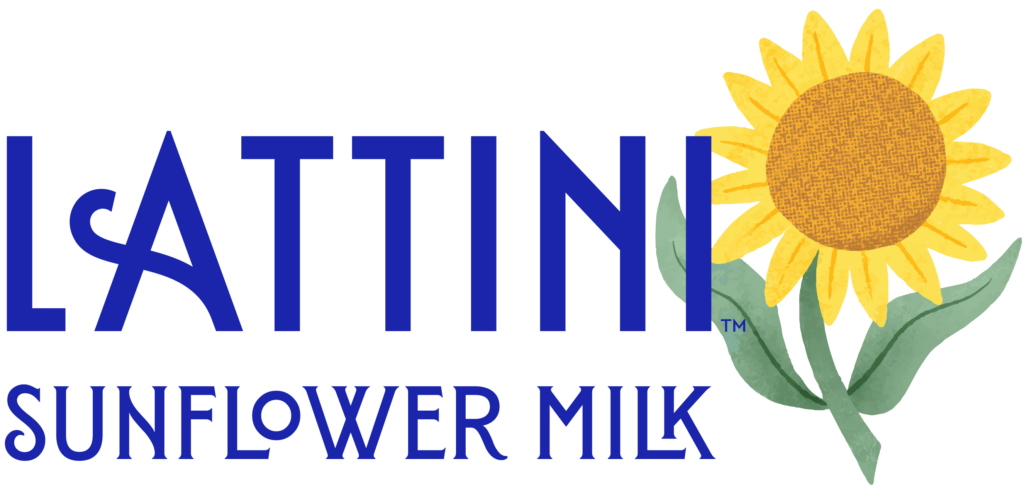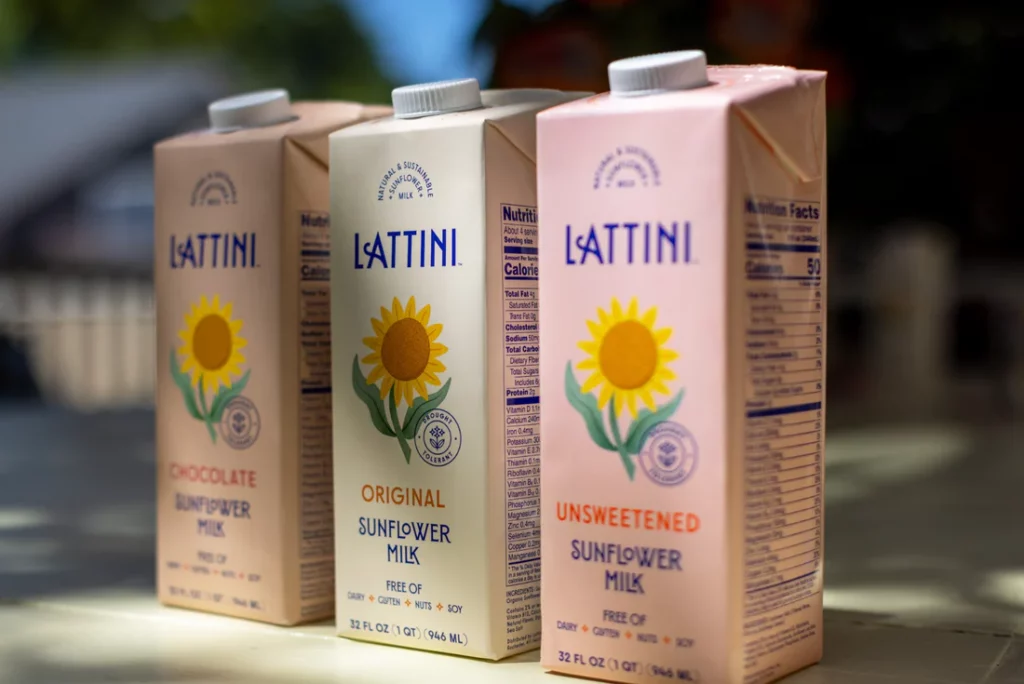Walking through the aisles of your local grocery store or ordering your favorite latte, you’ve likely seen the growing variety of milk alternatives available. It’s like a dairy-free wonderland out there! From oat to almond to something as unique as sunflower milk, you’ve never had more options. For various reasons, a growing number of people are swapping out traditional cow’s milk for milk alternatives.
This abundance of options, while exciting, can also be overwhelming. How do you determine which milk substitute best aligns with your health needs? We’re here to help!
The Rise of Milk Alternatives
Over the last few years, there has been a significant shift away from traditional cow’s milk. This change is due to various reasons, such as lactose intolerance, veganism, environmental concerns, or simply taste preference. Fortunately, with the abundance of options, we can easily find the best milk alternative for specific needs and lifestyles.
What Makes a Milk Alternative Healthy?
When we think of milk, our minds immediately go to calcium and vitamin D. But the healthiest milk alternative should also provide other essential nutrients like protein, vitamins, minerals, and healthy fats.
You should also consider your dietary restrictions or health goals when choosing a milk alternative. For example, if you have a gluten intolerance, sunflower milk might be the best option for you as it’s naturally gluten-free.
So, What’s the Healthiest Milk Alternative?
If you happen to find yourself overwhelmed in the milk aisle, you’re not alone! Here’s a helpful breakdown of various milk alternatives and their health profile.
Oat Milk
Key Health Benefits:
- Fiber Content: Oat milk is a good source of dietary fiber, which can aid digestion and help regulate blood sugar levels. It also contains beta-glucan, a type of soluble fiber known for its heart health benefits.
The Downsides:
- Higher Carbohydrate Content: Compared to other milk alternatives, oat milk has a higher carbohydrate content. This may be a concern for those monitoring their carb intake, like those with diabetes.
Almond Milk
Key Health Benefits:
- Low Calorie: Almond milk is one of the lowest-calorie milk alternatives available, which makes it a popular choice for those looking to manage their weight.
The Downsides:
- Lower Protein Content: Almond milk is low in protein, which might not make it the best choice for those relying on their milk alternative for a protein source.
- Environmental Concerns: Almond farming is water-intensive, raising concerns about its environmental impact, particularly in drought-prone regions.
Soy Milk
Key Health Benefits:
- High Protein: Soy milk is one of the highest-protein milk alternatives, containing all essential amino acids, which makes it a complete protein source.
- Amino Acids: The presence of essential amino acids makes soy milk comparable to cow’s milk in terms of nutritional value.
The Downsides:
- Phytoestrogens: Soy contains phytoestrogens, which mimic the hormone estrogen in the body. This has raised concerns about potential effects on hormone levels, particularly for individuals with specific health conditions.
- Common Allergen: Soy is a common allergen, which can make soy milk unsuitable for some people.
Why Sunflower Milk Might Be Your New Best Friend
While oat, almond, and soy milk each offer unique health benefits, we’d like to introduce sunflower milk as a stand-out. It’s an incredibly well-rounded milk alternative, as it’s nutrient-rich, allergen-friendly, and environmentally sustainable. Let’s take a closer look!
Nutrient-Rich Profile
- High in Vitamin E: Sunflower milk is packed with vitamin E, known for its antioxidant properties that help combat oxidative stress and support overall health.
- Healthy Fats: It contains healthy fats, including omega-6 and omega-9 fatty acids, which are beneficial for heart health and have anti-inflammatory properties.
- Anti-Inflammatory: The natural anti-inflammatory properties of sunflower milk can help reduce inflammation in the body, contributing to better health outcomes.
Allergy-Friendly
- Free from Common Allergens: Sunflower milk is naturally free from gluten, soy, and nuts, which makes it a safe option for individuals with these common allergies.
- Suitable for Dietary Restrictions: Its allergy-friendly nature makes sunflower milk a versatile choice for various dietary restrictions and lifestyles.
Eco-Conscious
- Sustainability: Compared to other milk alternatives, sunflower milk has a relatively low environmental footprint. Sunflowers require less water and fewer resources to cultivate, which makes it a more sustainable choice.
Experience the Benefits of Sunflower Milk with Lattini
Ultimately, the healthiest milk alternative for you will depend on your specific health needs and dietary preferences. Exploring different options and understanding their benefits can help you make an informed choice. If you’re curious about how sunflower milk can fit into your lifestyle, don’t hesitate to reach out to Lattini and discover the difference for yourself.
Make a healthy choice today and enjoy the benefits of the right milk alternative for you.


